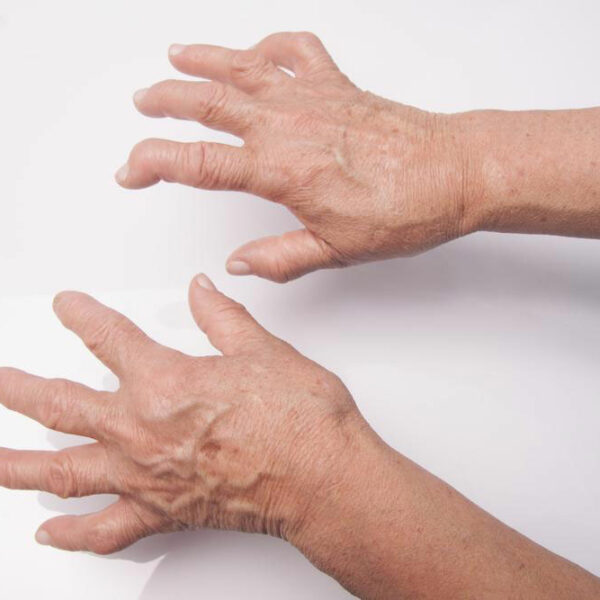
A Quick Guide of Rheumatoid Arthritis Drugs
Rheumatoid arthritis is a common health condition. It is a chronic inflammatory disorder causing joint pain, especially in the hands and feet. In this autoimmune disease, the body’s immune system attacks the joints instead of foreign substances such as viruses and bacteria. This will result in swelling and pain in the joints. However, proper medication and lifestyle changes can mostly help patients cope with the condition. Here’s a quick guide to commonly used drugs and how each rheumatoid arthritis drug affects your body. NSAID’s NSAID’s or Nonsteroidal Anti-inflammatory Drugs, are a type of medication that is commonly given to rheumatoid arthritis patients soon after the diagnosis of the condition. It is available as oral tablets as well as liquid suspensions. The category includes Ibuprofen, Oxaprozin, Diclofenac, Ketoprofen, Indomethacin, Naproxen, etc. These drugs prevent the body from producing prostaglandins, a component which causes pain and inflammation in the joints. Some of the medicine in this category are available over-the-counter. Corticosteroids Cortef, Orapred, Baycadron, Betamethasone, Cortisone, Dexamethasone, Prednisolone, Triamcinolone, etc. are classed as corticosteroids. These medicines suppress the immune system of the body which in turn will reduce the swelling and pain of the joints. Corticosteroids can be taken orally or through injection.